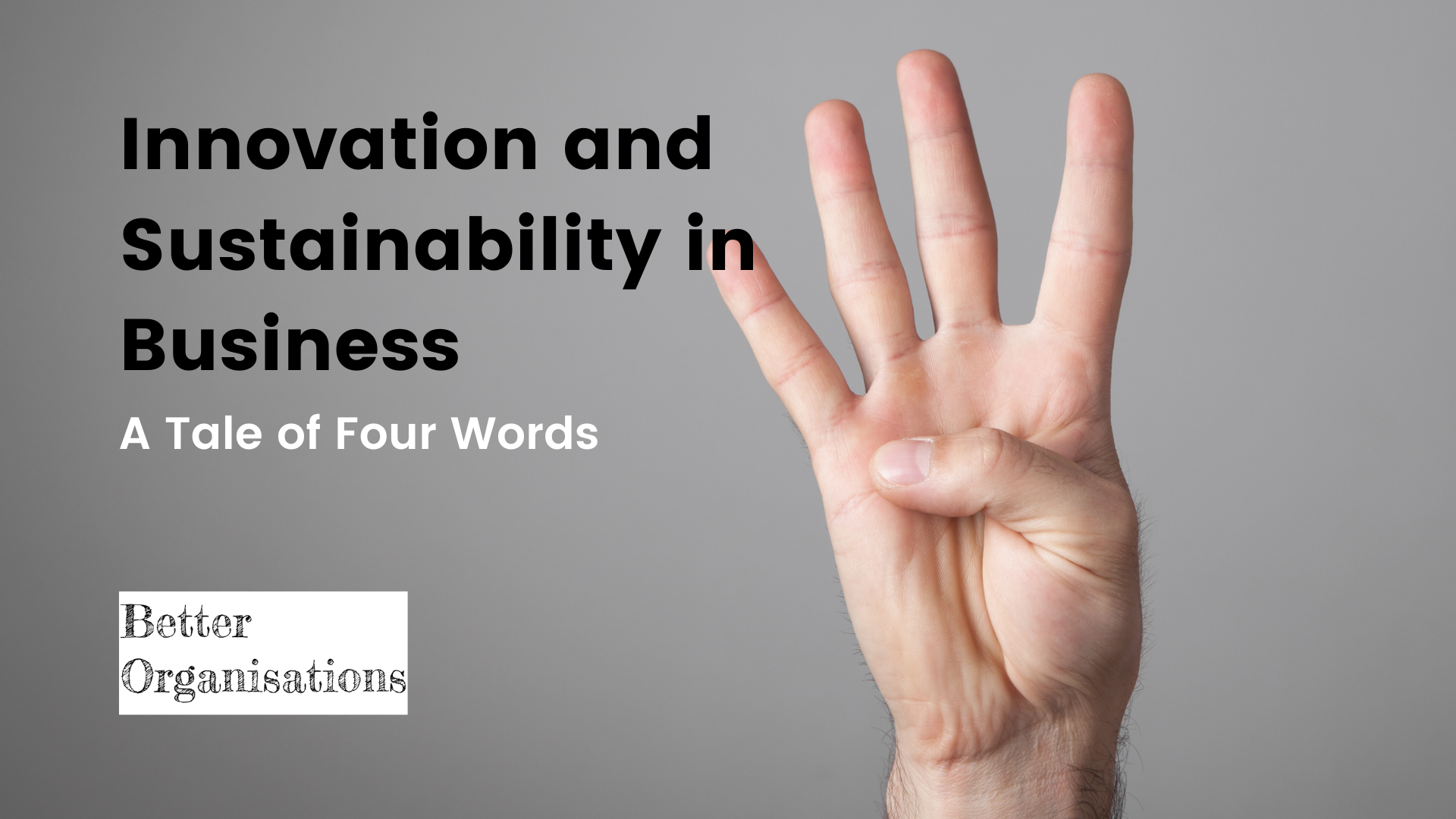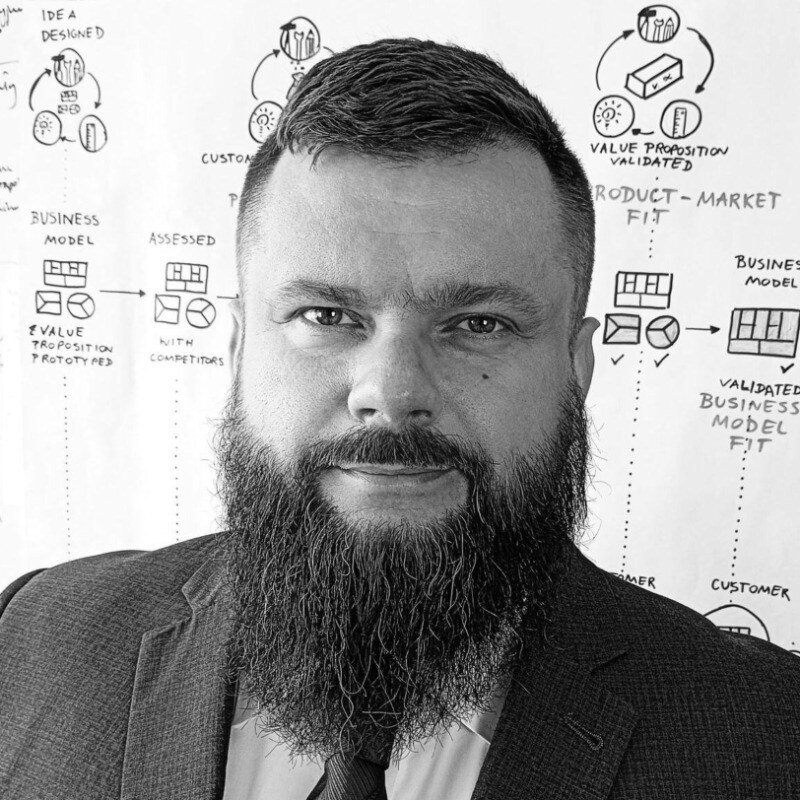Imagine a scenario where just four words could be valued at a staggering $100,000. This might sound like an urban legend, but it is a great tale that has become a cornerstone in the business world, highlighting the immense power of creative problem-solving and the potential for minor adjustments to yield extraordinary results.
The Original Tale
This fascinating story dates back to the 1950s, a time when business strategies were far less complex and the concept of sustainability was not as prevalent. The tale revolves around a simple yet innovative approach that transformed a company's fortunes with just a few words. While the specifics of the story are told in the below video, its essence lies in the ability to think outside the box and leverage creativity to solve problems.
Modern Implications
In today's fast-evolving market, the landscape has significantly changed. Sustainability and consumer values have become paramount, and businesses must adapt to these new realities. The traditional approaches of the past, though effective in their time, need to be reevaluated and refined to align with contemporary demands.
The Role of Sustainability
Sustainability is no longer a peripheral consideration but a core component of successful business strategies. Companies that integrate sustainable practices into their operations not only contribute to environmental and social well-being but also enhance their brand reputation and customer loyalty. This shift towards sustainability is driven by consumer expectations and the need for long-term viability.

Witold Wisniewski's Insights
To delve deeper into this topic, it is worth exploring the insights provided by Witold Wisniewski, an expert in business design, organizational culture, and sustainable business practices. In his latest video, Wisniewski discusses the original tale of the four words and its surprising twist, drawing parallels with the current landscape of sustainable business.
Wisniewski emphasizes the importance of merging agile strategy with the right organizational culture to drive innovation and sustainability. He advocates for a culture that promotes co-creation, understanding among team members, and a balance between freedom and accountability. This type of culture, he argues, allows organizations to thrive over time, regardless of their industry or focus.
Wisniewski emphasizes the importance of merging agile strategy with the right organizational culture to drive innovation and sustainability. He advocates for a culture that promotes co-creation, understanding among team members, and a balance between freedom and accountability. This type of culture, he argues, allows organizations to thrive over time, regardless of their industry or focus.
Founder of Better Organisation



